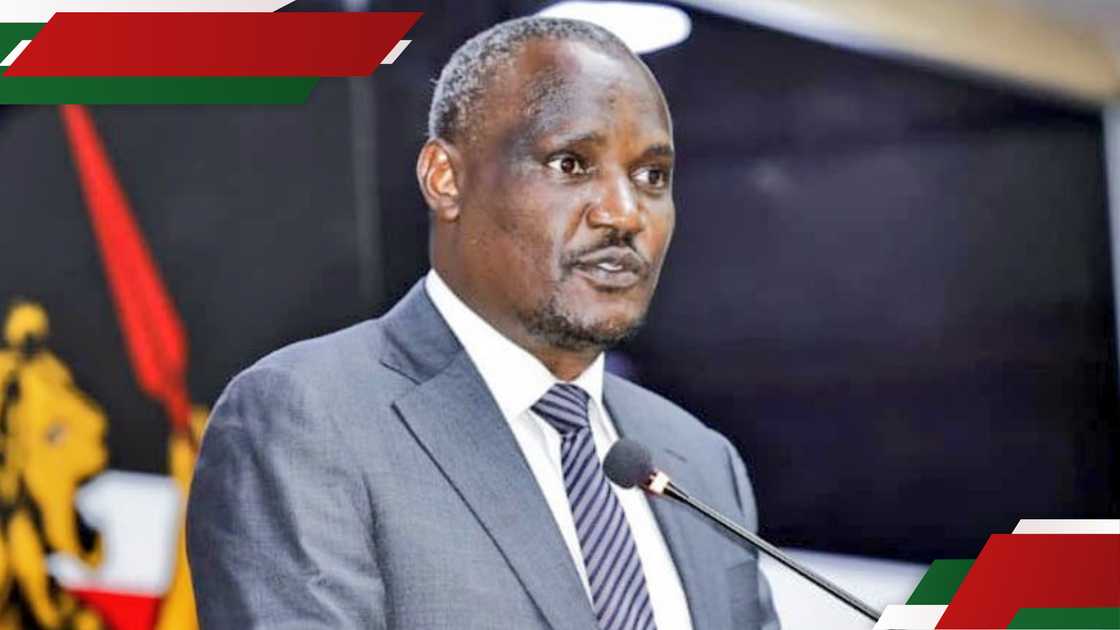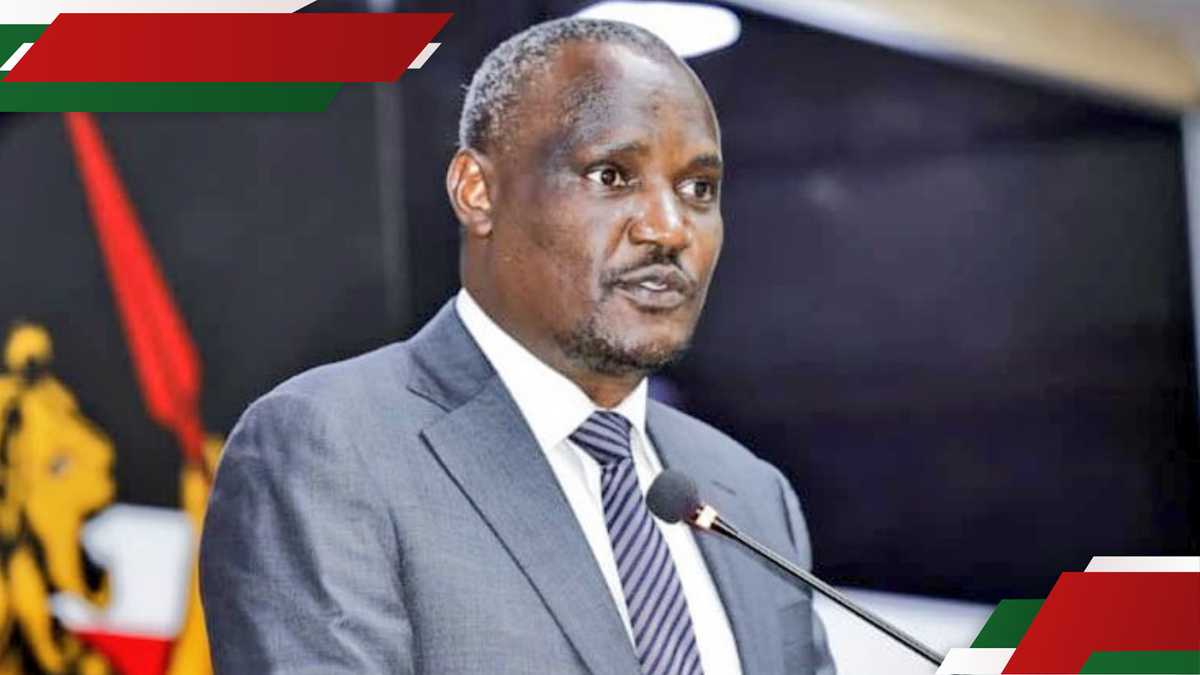-
The Finance Bill of 2025 suggests modifications to taxation categories and policies aimed at generating additional revenue for the financial period spanning 2025-2026.
-
The bill suggested amendments to the Value Added Tax (VAT) Act with the aim of shifting certain products from being zero-rated to becoming exempt from taxation.
-
The Treasury Cabinet Secretary (CS), John Mbadi, stated that this action will result in significant savings by preventing billions of shillings in tax refunds from being issued.
Wycliffe Musalia boasts more than six years of expertise in areas such as finance, business, technology, climate, and health reporting. His work offers significant understanding of both Kenya’s and international economic patterns. Presently, he serves as a business editor.
.co.ke
.
Treasury Cabinet Secretary (CS) John Mbadi has come forward to defend the proposed changes in the Finance Bill 2025 aimed at increasing revenue.

President William Ruto’s cabinet endorsed the bill, but it still needs parliamentary approval.
CS Mbadi stated that changing certain products from zero-rated to exempt status could save the treasury billions of shillings in tax rebates.
At a town hall event held at Daystar University in Nairobi on Tuesday, May 6, Mbadi highlighted that the Kenya Revenue Authority (KRA) experiences losses due to the submission of fake Value Added Tax (VAT) claims for reimbursement.
He explained that removing some goods from the zero-rated schedule to the tax-exempt schedule will block the payment of tax refunds to fictitious claimants.
“KRA has demonstrated that the claims they receive, 30% end up being rejected. That clearly tells you that at least 30% of claims are fictitious. Experience has also shown us that anytime we make more resources available to KRA to refund to people, the number of refunds exponentially increases. Those are the things that we want to deal with by removing commodities from zero-rated to exempt.
“The effect is still that the exempted commodities will still be cheaper, but we will not be losing money on unnecessary claims. We are simply saying you have not paid tax, but please do not claim what you have not paid,” said Mbadi.
According to the National Treasury, Kenya’s tax refunds amount to over KSh 525 billion, out of which KSh 320 billion, or 65%, accounts for VAT refunds annually.
Which goods will be tax-exempt?

The Finance Bill 2025 proposed changes to the Value Added Tax (VAT) Act, amending Section A of the first schedule.
This will see the following goods removed from zero-rated to tax-exempt:
- Ingredients or raw materials used in the production of medications,
- Ingredients or basic components used in the production of animal feed,
- Shipping sugar cane from farm fields to processing plants.
- Provision of locally assembled or produced mobile phones,
- Provision of electric bikes, and
- Provision of solar panels and lithium-ion batteries, along with other options.
What other modifications does the Finance Bill include?
The Finance Bill of 2025 suggests modifications to various major tax categories and policies aimed at enhancing revenue collection for the fiscal year 2025/26.
The Bill seeks to amend the Income Tax Act, reducing pressure on employment income and putting money in Kenya’s pockets.
Other tax changes proposed in the Bill include excise duty, Pay-as-You-Earn (PAYE), and the Tax Procedures Act.


Leave a Reply